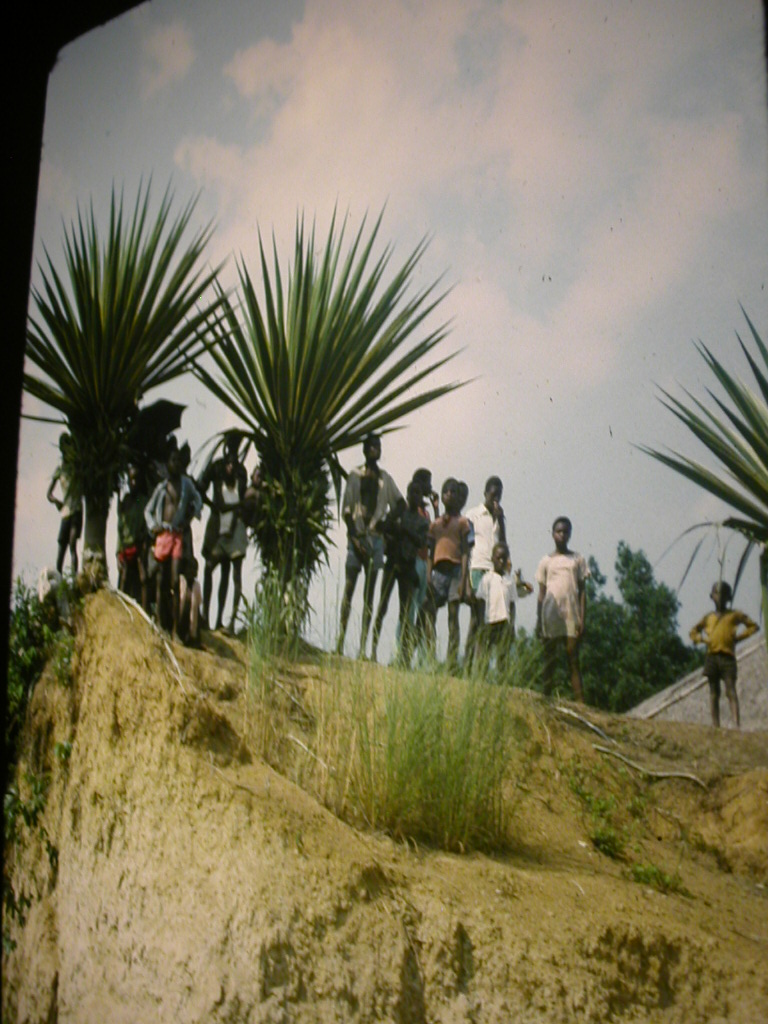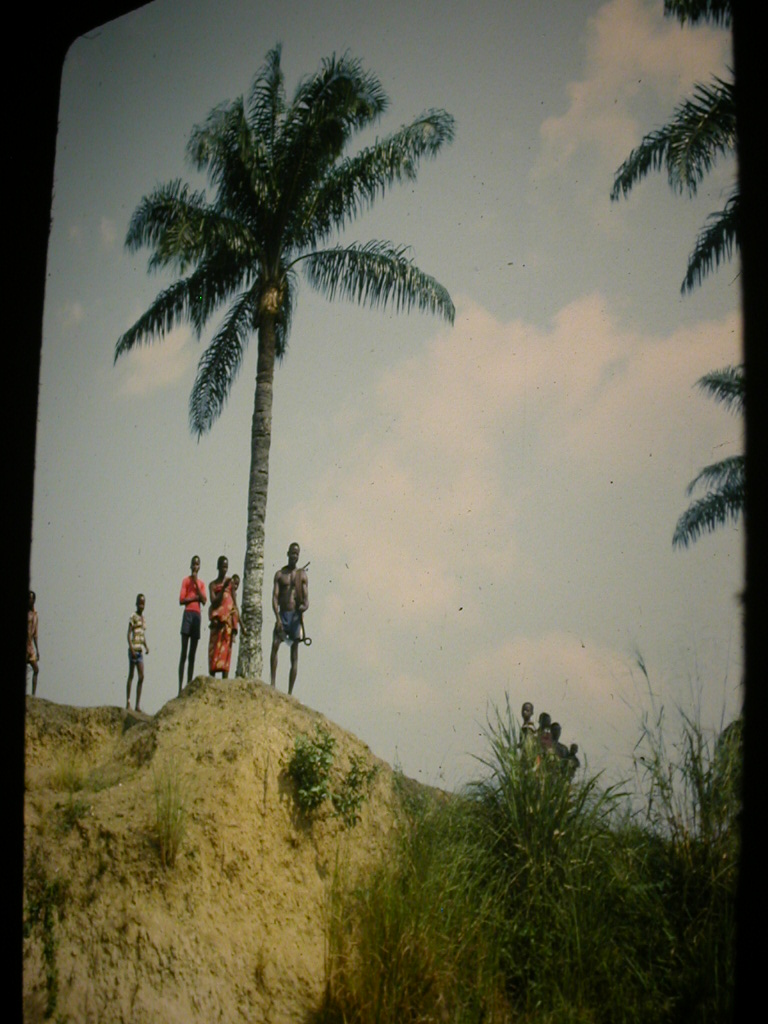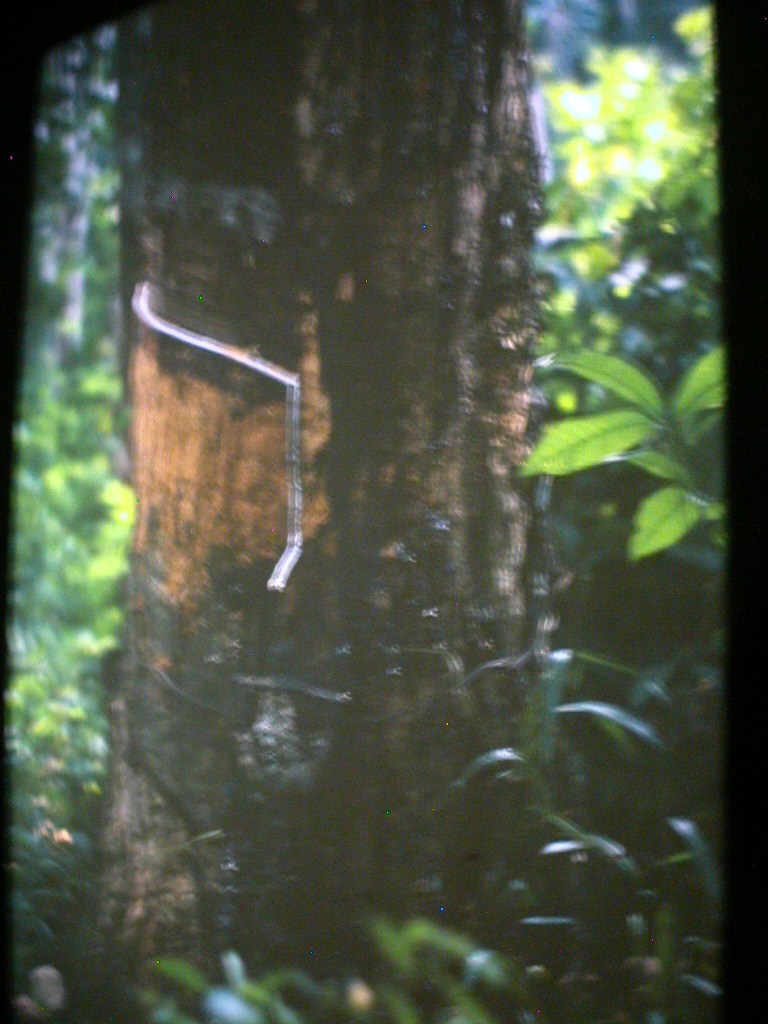Sorry, Linda Ronstadt, but anyone can go “from Tucson to Tucumcari, Tehachapi to Tonapah” speaking only with their thumb out hitchhiking. I was more than willin’, but I had greater ambitions when I went travelling in 1972.
One ambition was to travel across Africa.
At the time the continent did not have highways like Highway 40 in the song. Even paved roads were sometimes a wonder. Traffic was sparse and not a steady line of semi trailer trucks going across the continent.
I had a very important companion with me – my fluency in French (with a Parisian accent thanks to my Mamaroneck High teacher who’d earned her PhD at the Sorbonne).
I crossed into Africa from Spain to Morocco. And began my journey. Much of central Africa was recently under French dominion, ex-possessions or colonies. Through Algeria, Niger and down to the coast Dahomey, Togo), my French was perhaps my most important asset.
After crossing the Algerian Sahara and a month through West Africa, I made my way through Northeastern Nigeria to Maiduguri, into Cameroon (Ngaounderre) and on to Bangui in Central African Republic (CAR) where highways (red clay roads) became of little or no use to me. I was heading south, and south was Congo/Zaire, one of the largest countries in the world but with little in the form of highways heading south. Bangui was pretty much the transit between the Sahel and the tropical jungle to the south and east. Bangui was the entry to the Central African jungle and Rivers (Oubangui to Congo).
What the CAR and Congo did have was river traffic. Most of the CAR is drained by the Ubangi River. It is already massive when it gets to Bangui; it becomes navigable from Bangui south and flows down to the even more massive Congo River.
Mais oui, I saw the opportunity and with my travelling companion French, I was able to talk my way into a job on a tugboat heading downstream. Tugs plied the river pushing barges of lumber and livestock (cattle and pigs) which made up the commerce of the region at the time.
Without being able to speak French, I might have been stranded in Bangui (which might make a title for a country song, if you are reading this, Linda Ronstadt).
On board the tug was the captain, his wife. They spoke French, Sango and other languages along the river. The Captain was at the helm, his wife kept the books while I scurried about doing whatever the captain directed me to do. There was also the Radio Operator and the Radio Operator’s wife, who ran the store onboard the ship. This humble boat was the only source of contact with the outside world for many roadless villages along the lower Ubangui River.
We headed down river for the next three weeks. The Ubangi is a wide slow-moving river and reminded me of what Mark Twain might have seen going down the Mississippi. Every ten miles or so there were villages, not connected by road, but by the river – Motemge-Boma, Dongo, Bururu and so on. One side of river (East side) was Democratic Republic of the Congo (Zaire in 1972; formerly Belgian) the other side was Republic of Congo (formerly French) – two countries, almost the same name. But importantly, both understood my French.
The boat stopped to deliver supplies and to pick up cargo. As we would approach the landing (often just a bare carved out section of riverbank with a very steep path leading to an anchoring Palm tree, around which some or sometimes a dozen or more local villagers came to greet the boat … their lifeline with the outside world.
People looked at me oddly, many had never seen someone who looked like me. I know that I was the only American many of them had ever seen. Kids asked to touch my skin and hair which was a mop and looked very odd to them.
After 6 days, we finally reached the confluence of the Ubangi and the massive Congo River. It was so wide, you thought you were on a great lake or the ocean. The other side of the river was not visible.
We turned upriver and headed to Mbandaka the first large town/city on the Congo. The town pier was high above the river level at that time of year. The river rises and falls with the rainfall hundreds of miles away in the rift valley. One needed to climb a ladder to get to the deck.
There was a crowd on the pier, and I asked in French if there was a Canadian or American around. I was directed to a Canadian family who offered me their hospitality, mais oui. It was a Canadian Counsulate-aid officer who told me how lucky we were: we were all going to a 4th of July party later that day at the US consulate. It was quite a treat eating hot dogs, hamburgers, corn on the cob and watermelon at the July 4th celebrations. On the Equator on the Congo River July 4, 1972!
My fellow traveller, the French language, had helped me arrive and would continue to help me on my travels.
It reminded me that speaking another language opens so many doors for you. It helps connect to people who can help you and enrich your life. It helps you gain cooperation, makes you more approachable. Language lets us communicate and build trust. It is a handshake in an otherwise difficult world.

Oubangi River Village 
Ngaounderre Cameroon 
Ngaounderre Cameroon 
Mbandaka Canadians 
Ubangi River boat Captain and kids 
Ubangui River Village dugouts and view of our boat 
Fancy Ubangui boat 
Ubangui River Villagers 
Radio Operator’s wife store 
Mbandaka 4th of July 
Ubangui boat cabin 
Piroque on Ubangui near confluence with Congo River 
Ubangui River
commerce

Michelin Map Maiduguri-Bangui-Mbandaka-Kisangani (Stanleyville)

Central African Republic 
Cameroon Crowd 
Bangui French Marina for Water Skiing 
CAR – Rubber Trees 
CAR – Rubber Tree

Mama Mobutu at Mbandaka

Fascinating story! Thanks for sharing. Cordialement, Hans
LikeLiked by 1 person
Alan.
What a fabulous adventure. How cool of the captain to hire you (and your French skills.) My adventure is much less dramatic; in 1973 I was posted to Malaysia which was an ex-colonial environment, with an English speaking history. Nevertheless your language skill point is so right. I learned Malay which allowed me to work in the rural, useful for an agriculturalist… it also absolutely was foundational in my getting my next job, in Indonesia.
LikeLiked by 1 person
That’s great, Larry. I appreciate your sharing about how critical and wonderful it is to learn multiple languages. Thanks for your comments.
LikeLike
Beautiful story and photos!
LikeLiked by 1 person